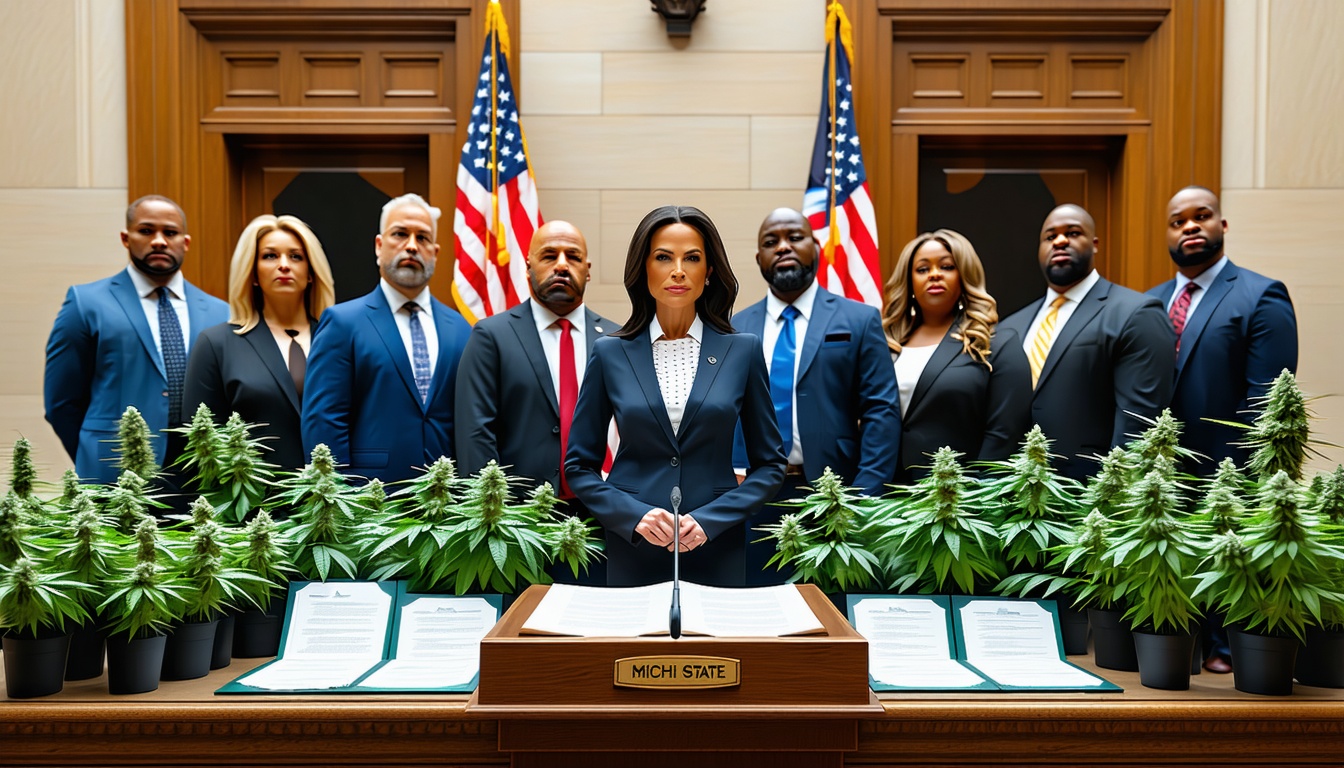Delaware’s Marijuana Commissioner Allows Businesses to Transfer Permits Between Counties
In a move that could benefit marijuana businesses, Delaware’s Marijuana Commissioner, Joshua Sanderlin, has announced that license holders can now apply to transfer permits between the state’s three counties. This change comes after the governor vetoed a bill that would have limited local governments’ ability to regulate marijuana businesses.
Prior to this decision, businesses were restricted to operating in a specific county, which was a result of a regulation set by Sanderlin’s predecessor. However, Sanderlin stated that his office received requests from licensees to change the county in which they operate, leading to the change in policy.
The decision is seen as a response to the challenges faced by marijuana businesses in Delaware, particularly in Sussex County, which has a 3-mile buffer rule for dispensaries. This rule has limited the number of locations where marijuana retail shops can operate, making it difficult for businesses to find suitable locations.
Sanderlin believes that the new policy will allow businesses to move away from heavily regulated areas and create a partnership with business owners. He also expects licensees to spread out among the three counties, rather than clustering in one area.
One business owner, Derro Smith, a Sussex social equity microcultivation licensee, expressed interest in moving his business to a different county if the option is available. He stated that being able to change his county would offer him more locations to look at, especially amid the veto of the bill that would have limited county control.
However, not all counties are open to the idea of marijuana businesses relocating. New Castle County Councilman Kevin Caneco said that there are “plenty of places” within the county to operate a marijuana business under current zoning regulations, and that local officials will apply the current and appropriate land-use regulations.
The decision to allow permit transfers between counties comes as a compromise after the governor vetoed a bill that would have overridden county-level zoning laws. The bill would have reduced the buffer requirements for marijuana dispensaries, but the governor instead proposed a compromise that would direct a portion of the state marijuana sales tax revenue to the county or municipality in which a marijuana business is located.
The compromise would also allow Sussex County to remove its conditional use requirement for marijuana retail shops and reduce the buffer requirements. However, the county has not yet finalized any decisions on the proposal.
Overall, the decision to allow permit transfers between counties is seen as a positive step for marijuana businesses in Delaware, providing them with more flexibility and options for operating in the state.












